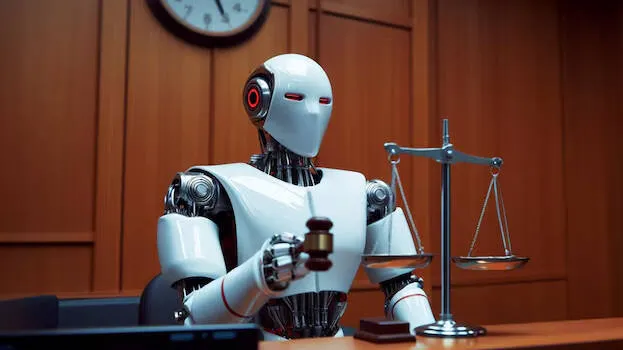

'Robo judges' will be deployed in India to speed up the cases pending in trial courts. These will help in resolving petty cases, traffic and civil cases. The final decision will be made by a 'human judge'. It is expected to be implemented from next year.
A robo judge is not a humanoid machine, but an AI-based system. The system will make it easier to examine the documents required for the case, collect background information, and draw conclusions. The robo judge will also examine the evidence and collect previous orders to be referred. The work will be carried out while maintaining ethics.
The system will be implemented in phases in the country. The first phase is training for district session judges. Two batches of trial court judges have already completed their training in Singapore. The process is supervised by the Indian Institute of Public Administration.
The speed of resolving cases has increased with digitalisation. However, the increase in the number of petty cases and civil cases continues to be a headache. It is in this context that the AI robot system is being introduced.
China
Estonia was the first country to explore the potential for an AI system to handle small claims. The project, which began in 2019, aimed to use AI to process these disputes more efficiently, though final appeals would still be handled by human judges. China followed suit. This is what India would emulate. The UAE is also using AI.
Cases pending in the country's trial courts: 3.6 crore